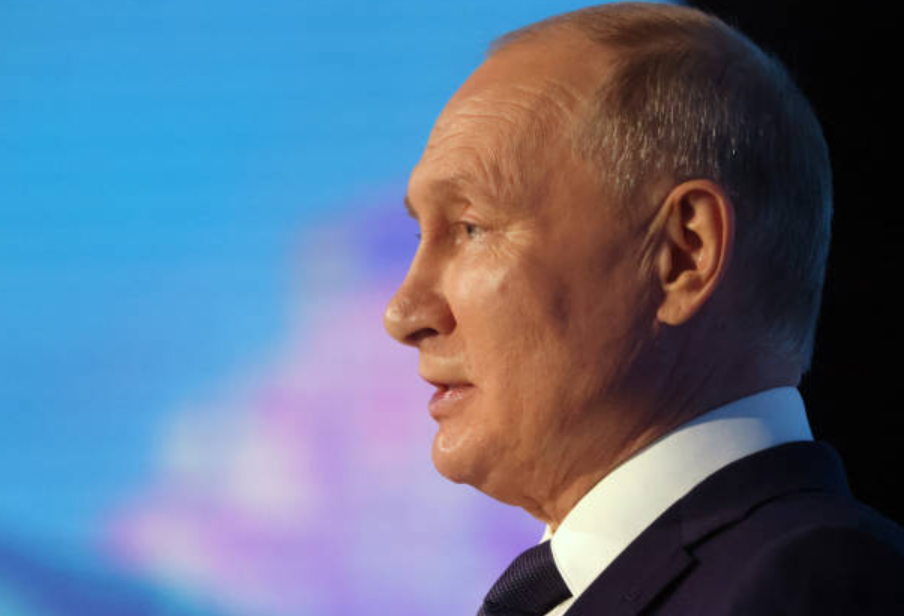Russia’s interior ministry is in the process of proposing a loyalty pledge bill that could significantly impact the speech and actions of foreigners within the country’s borders.
According to reports from TASS, the draft bill aims to restrict foreigners from tarnishing Russia’s image through criticism of its domestic or foreign policies, public authorities, government officials, and even Soviet military history.
The primary goal of this legislation, as cited in the document, is to safeguard “Russian national interests.” It goes beyond merely protecting political sentiments and extends to banning criticism of official policies, including those related to Soviet military history.
Additionally, the bill seeks to prevent the promotion of LGBT relations, signaling a broader scope that touches on societal and cultural aspects.
However, the extent of its applicability remains ambiguous. There is uncertainty surrounding whether this law would impact tourists or individuals on short-term visits versus those with long-term visas or residency status.
This lack of clarity adds to the concerns and questions raised by various stakeholders, including international travelers and expatriates.
Political Implications Ahead of Russia’s Election

The timing of this proposed bill, preceding Russia’s upcoming presidential election in March, raises eyebrows.
With President Vladimir Putin expected to secure re-election, the introduction of such a law brings into question the potential influence it may have on the electoral process and democratic principles within the nation.
Despite these significant implications, the Kremlin has yet to provide commentary or clarification on the draft bill.
The absence of an immediate response to inquiries from Business Insider further amplifies the uncertainty surrounding the government’s stance on this contentious matter.
As this draft bill moves closer to being presented in Russia’s parliament, it has already sparked debates globally about the limits of freedom of expression and the rights of individuals, both domestic and international, within the country.
The outcome of this proposed legislation could significantly shape Russia’s socio-political landscape and its relationship with the global community.


Comments are closed.